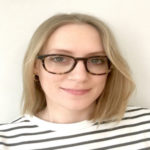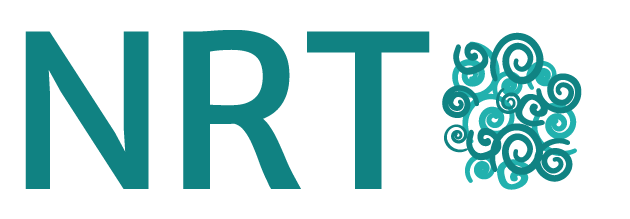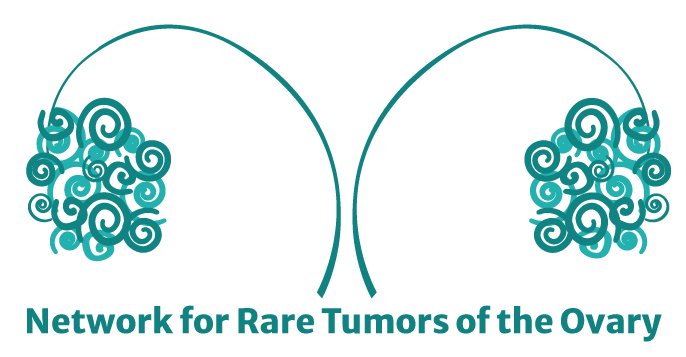
Hello, my name’s Emma, and I was diagnosed in 2014 with small cell carcinoma of the ovary of a hypercalcemic type, and I was stage 1C. I immediately had surgery to remove the tumor on my ovary. I didn’t have any apparent spread at the time. This was followed by six months of adjuvant BEP chemo at the Royal Marsden Hospital in London. For 18 months after that, I was in good health before starting to, unfortunately, feel unwell again. Then I felt symptoms of hypercalcemia and found out that I was experiencing a relapse. So, I discovered more tumors in my pelvic region. And at this point, I knew the treatment would be pivotal. So, my hospital at the time didn’t really have a strong opinion about where to take my next treatment due to a lack of experience treating the tumor type. And even though they were leading cancer hospital in London, they just didn’t have an exact plan of what to do next. So, through the network of small cell carcinoma patients and caregivers and family, I discovered that there was a new drug trial that could be a good option for me. So, I took this information to my team, and they were able to enroll me on the study.
Unfortunately, this failed me, and I didn’t do very well on the new drug. So, I again reached out for information using the network and found out that immunotherapy might be a good idea for me at this time. So again, I took the information to my oncology team, and they were able to start me on a drug called pembrolizumab. And this proved to be treatment that would work really well for me in combination with radiotherapy. Without the support of the patients in the network, I wouldn’t be alive today. My oncology team struggled to provide critical care or information at the times that I needed it. So, the expertise of patients in the global network empowered my decisions at this point as a patient, and that could help my team find the right thing for me to do. I’ve joined the biobank because it’s really important to share the limited data that there is for this type of tumor and to help survival of the women that are going to be diagnosed with this tumor type in the future. I think it’s also wise to find out the status of any gene mutations that you have when you get diagnosed with this tumor.
That way you can assess to see if any other family members might be at risk in the future or any family members or children that you might have in the future, and to see whether you’d pass that on. I’m now glad to say that I’m in really good health and haven’t had any treatment for about seven years, and I hope that I can lead a full life into my future. I hope with the establishment of the patient biobank and the network of family and carers and patients that we continue to share information and improve the chances of those diagnosed with this cancer in the future. It’s a really difficult disease, but hopefully with sharing this information, things will get easier for people in the future.

